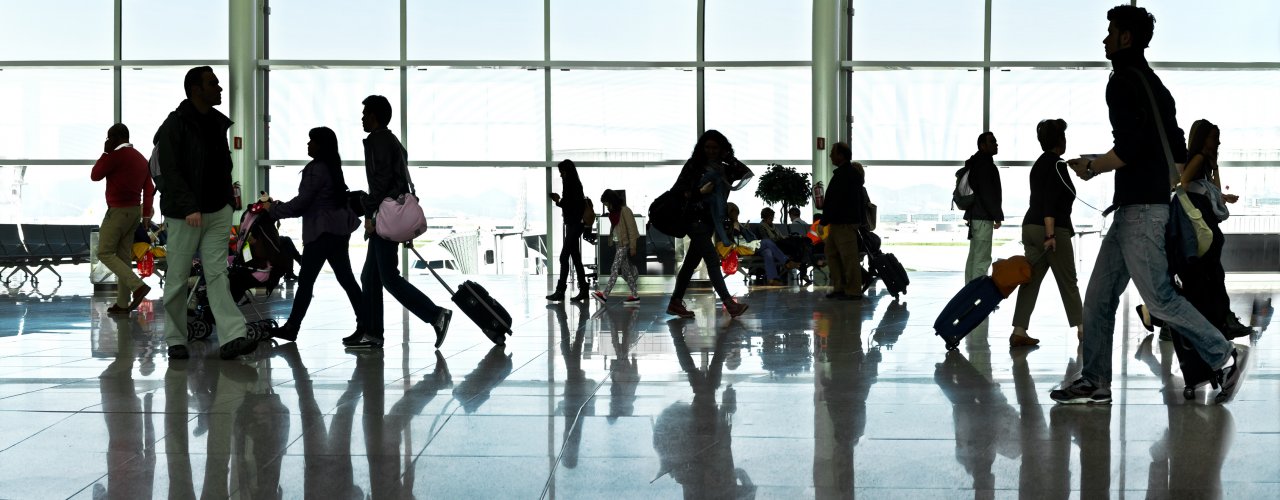Travel Policies
Cornell’s international travel policies are designed to protect the health, safety, and security of our community abroad. This page outlines the mandatory requirements for registering travel, petitioning for elevated-risk destinations, and understanding reimbursement rules. All travelers are expected to follow these policies.
University Travel Policies*
Cornell International Travel Registry
- All students, staff, and faculty are required (per Policy 8.5) to add their Cornell-related international travel plans to the Cornell International Travel Registry. We recommend registering two to six weeks before departure to ensure the most accurate travel information can be recorded. Once recorded, you may login to the registry to update your registration details at any time. More details can be found here.
- Registration required for business expense reimbursement: Starting November 1, 2024, international travel that is not preregistered will be classified as non-authorized and business-related travel expenses will not be reimbursed. Visit this page for more information.
ITART Petitions - Two to Four Weeks Prior to Departure
- Undergraduate, graduate, and professional students must submit an ITART petition to travel to elevated risk destinations. ITART petitions are triggered by rules built into the travel registry. If your travel requires a petition, the travel registry will prompt you for additional information about, and a rationale for, your elevated risk travel plans. Participants in official and approved study abroad programs do not need to petition but registration in the travel registry is required.
- Staff traveling with students must submit an ITART petition to travel to elevated risk destinations.
- Faculty traveling with students must submit an ITART petition to travel to elevated risk destinations.
International travel policies apply to outbound Cornell travel only. Inbound travel is not considered Cornell travel and does not fall under the purview of these guidelines. To learn more about traveling to the U.S. and Cornell's campus, please visit the International Services travel page.
*Effective June 22, 2022 and November 1, 2024


